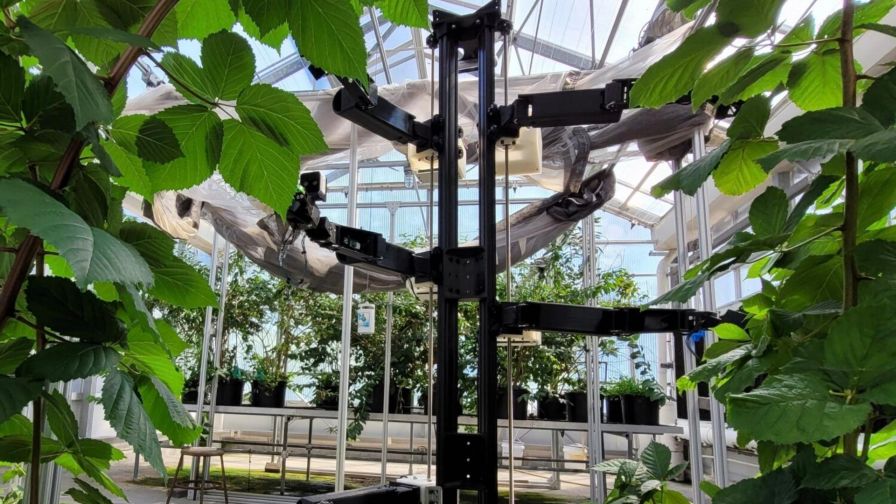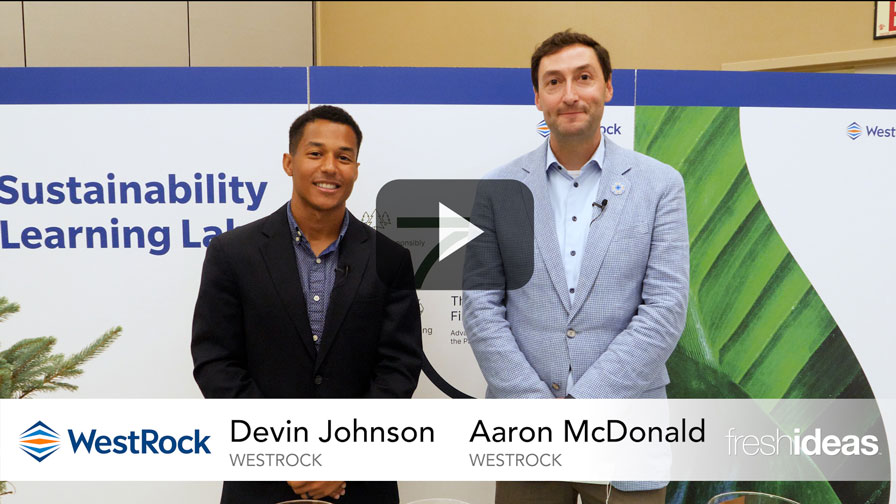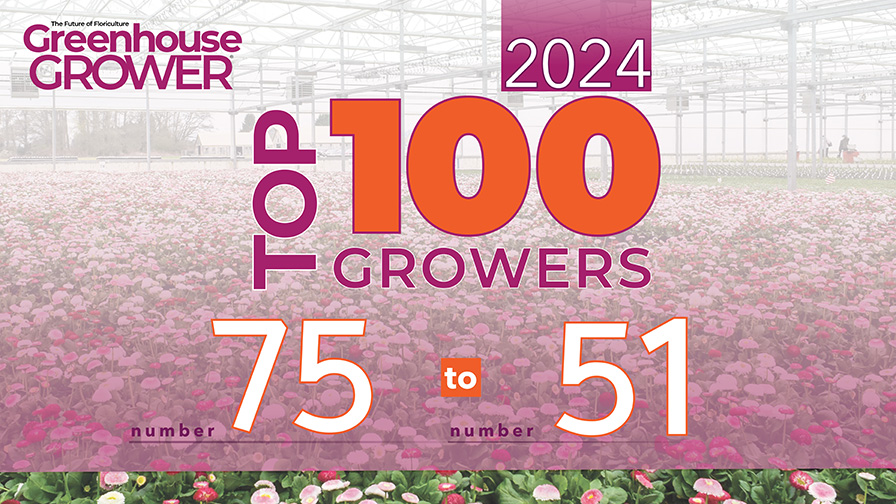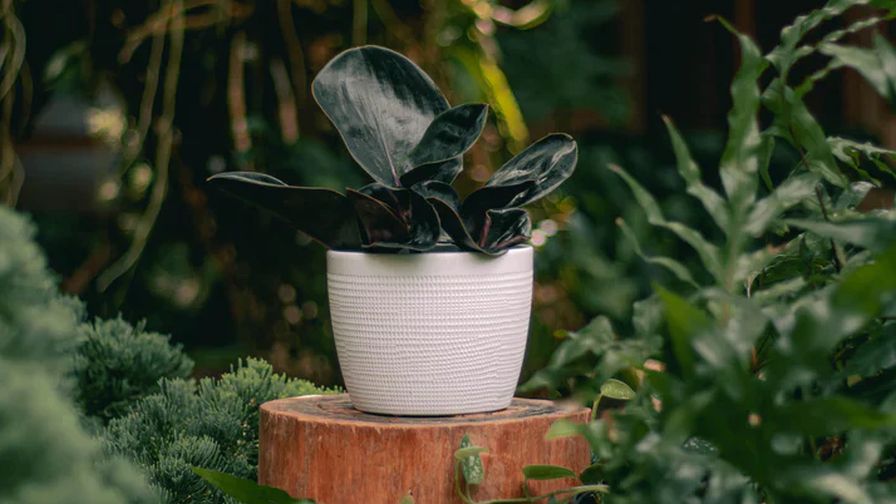Ways the Cannabis Industry Is Working Toward a Greener Future
The cannabis industry faces many challenges as it continues to grow. There are both environmental and societal tolls that need to be considered.
The Sustainable Cannabis Coalition (SCC) was created to bring industry leaders together to showcase best practices and to encourage peers to embrace the importance of sustainability to ensure the industry continues to flourish.
What began less than a year ago as a modest group of like-minded cannabis companies who remain focused on ESG (Environmental, Social, and Governance) has grown into an impressive fellowship.
“Sustainability is a long-game play,” says Shawn Cooney, SCC co-founder and founder of Cloud Farming and Corner Stalk Farm. “The cannabis industry is facing the same challenges as any other industry. We are only just beginning to scratch the surface on sustainability, but unlike other industries, the cannabis space is still in its infancy and we have the ability to ingrain best practices not only for the environment but also for Diverisity, Equity, and Inclusion (DEI) directly into the foundation.”
The SCC initially set out to focus on energy and water usage.
“Two of the biggest environmental challenges we face are water and energy to grow the plants. Thinking about how to increase cultivation output to keep up with growing demand yet minimize the impact to our resources is going to be a very important topic,” says Lynn Ricci, Director of Investor Relations and Corporate Communications for Trulieve, an SCC founding member. “To that end, recycling and waste reduction are also very important challenges to face.”
Emily Long, Senior Project Manager for Byers-Scientific, an SCC founding company, agrees.
“Both material waste and resource waste (water and energy) are significant contributors to negative environmental impacts from cannabis production,” Long says
When faced with the task of tackling sustainability, measurement and data are key.
“Through data and science-driven technology solutions, cannabis cultivators are able to more effectively mitigate their emissions such as plant volatiles, particulates, microbials, and other volatile organic compounds while simultaneously conserving wasted water, energy, and materials such as carbon,” said Long.
Sustainability is critical at every point in the industry, from cultivation to product manufacturing, to packaging, and on through the supply chain. Cooney advises companies to start by measuring everything and establishing a baseline.
“Sustainability is a marathon, and it all begins with credible measurement. Most companies track water and energy consumption, but don’t use this metric to provide real numbers to their constituencies,” Cooney says. “In order to analyze and execute economically driven sustainability, you must be able to measure all the elements that it takes to make your product, then look at the yield of product per unit of energy per square foot of space.”
The SCC encourages its members to measure and report on areas including:
- Sourcing of consumables, specifically fertilizers/nutrients and growing media
- Biodiversity effects of the facility on the surrounding ecosystem of living organisms
- Production and end-of-life disposability of key capital expenditures like LED lights
- Human capital: investment in workers and meeting their needs of safe working conditions, access to affordable healthcare, and competitive living wages
Most recently the SCC aligned itself with Sustain.Life, an easy-to-use software as a service (SaaS) platform that empowers organizations to adopt more sustainable business practices. With the addition of this program that includes emissions calculators, program management tools, standards alignment tools, employee benefit offerings, and a sustainability policies builder, the SCC aims to streamline and simplify industry sustainability efforts.
Additionally, the group is sponsoring energy reduction research being conducted by students at Dartmouth College’s Thayer School of Engineering under the guidance of professors and mentors from Rocky Mountain Institute and Third Derivative. The eight-month study is scheduled to conclude late Spring 2022.
“This industry needs to support independent academic research,” Cooney says. “We are working with Dartmouth to perform a complete evaluation and system redesign of indoor cannabis grow facilities. Everything will be investigated, from lighting to HVAC usage, integration of solar energy, introduction of automation, and more. At the end, the hope is to see energy savings into the high double-digit range that other companies can then adopt and implement.”
The SCC has also been working with ASTM International to form a new cannabis subcommittee on sustainability. The subcommittee, D37.09, seeks to develop sustainability standards tied to key United Nations Sustainable Development Goals (SDGs) to help the cannabis industry be more efficient, transparent, and well-regulated.
There is much work to be done to make this industry a cleaner, greener, and more equitable space for all, and the SCC has made tremendous strides since its conception one year ago.
“Becoming a founding member of the SCC was important to us as we believe we have an incredible opportunity to assure we are building a sustainable industry, but to do so, we need to support an industry-wide look at cannabis, said Ricci of Trulieve. ”The collaborative leadership and educational resources we are providing are important and this emphasis has led to the work underway with the ASTM to build a cannabis ESG framework. The SCC created a sector-specific resource, and we believe this is a great way to build exposure and get companies thinking about how we can build the best industry we can from the ground up.”










